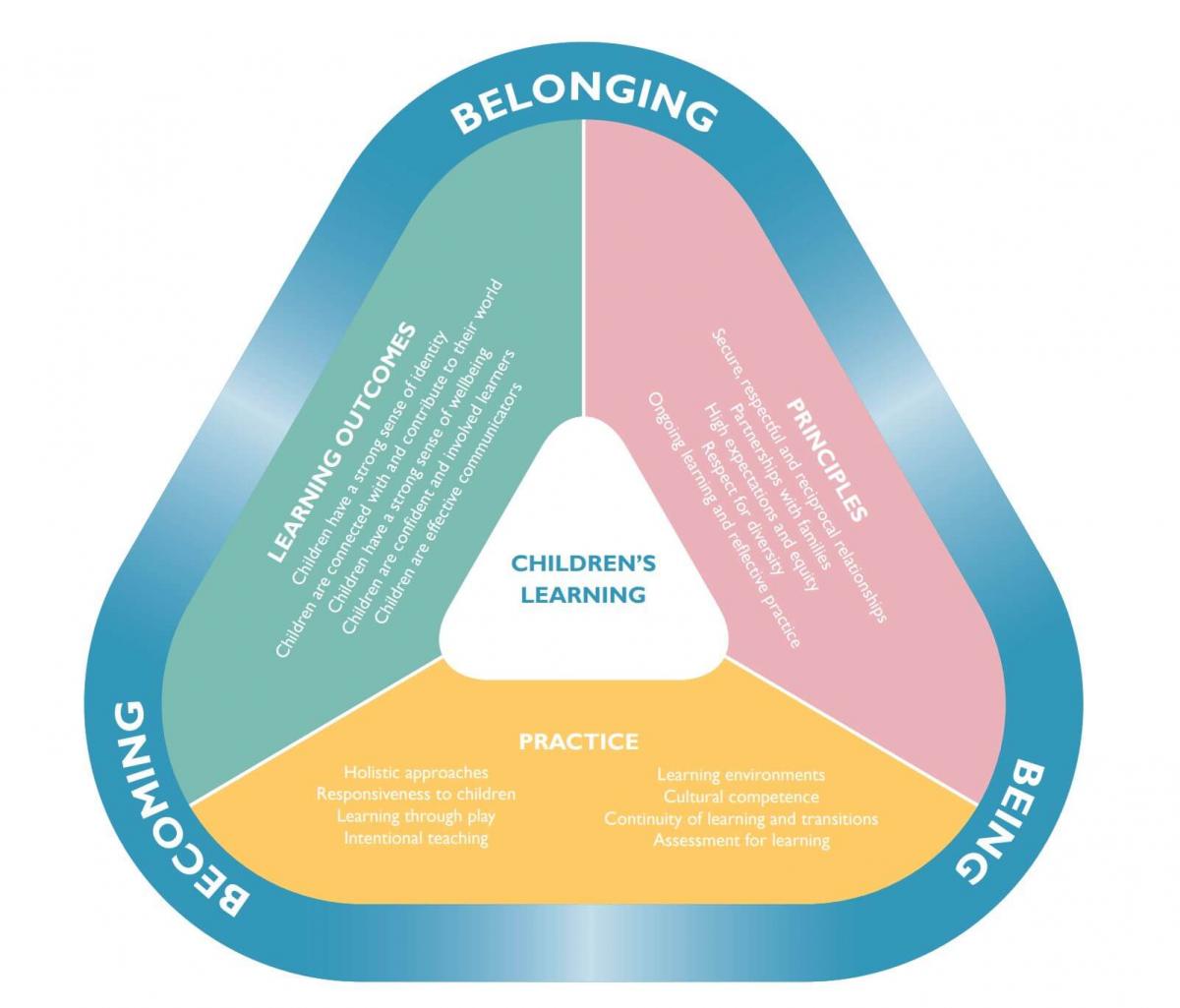Recent job openings
Croydon Childcare Centre
Centre Manager / Director
Full time
Salary
$105,000.00 - $128,000.00Croydon Shire Council is seeking a dynamic Childcare Coordinator to lead the Croydon Child Care Centre, a fully accredited...
Croydon, Far North Queensland, QLD
2 weeks ago
TREETOP EARLY LEARNING
Early Childhood Educator
Full time
Salary
Not SpecifiedWe would love to welcome Co-educators to join our beautiful team at Treetop, Pascoe Vale! Join us! We like to all work...
Pascoe Vale, Melbourne, VIC
2 days ago
Edge Early Learning
Education Leader
Full time
Salary
$75,000.00 - $80,000.00Branches across QLD, SA, and ACT, Full Time, Education Vacancy Listing, Please Quote Reference Number 15637 Minimum 3+ years’...
Multiple locations, Other (QLD), QLD
5 days ago
Grow Early Learning Centre Giraween
Early Childhood Educator
Full time
Salary
Not SpecifiedFull Time, Childcare Worker Grow Early Learning Centre Giraween (204 Targo Road Girraween, NSW, 2145) $76,515 plus...
Girraween, Sydney, NSW
5 days ago
Genesis Early Learning
Education Leader
Full time
Salary
$72,000.00 - $82,000.00Gergi Childcare Pty Ltd Gergi Childcare Pty Ltd, trading as Genesis Early Learning is looking for a full-time Lead Educator to...
Fairfield East, Other (NSW), NSW
5 days ago
KK ADMIN PTY LTD
Education Leader
Full time
Salary
$70,000.00 - $80,000.00KK Admin Pty Ltd KK Admin Pty Ltd is seeking full-time Lead Educators (Child Care Worker 421111) to join our team in various...
Casuarina, Other (NSW), NSW
1 week ago

